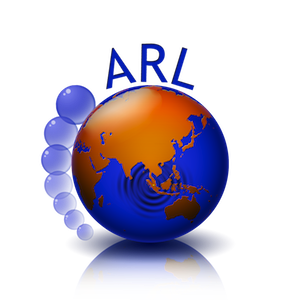The underwater networks project (Unet) develops technologies to extend communication networks underwater. Our work on near-optimal signal processing in snapping shrimp noise led to the development of the first Unet modems that provided good performance in tropical coastal waters, well known for being challenging environments for acoustic modems. While newer generation versions of these modems are now available commercially through Subnero, we, at ARL, continue to develop technologies to integrate underwater communication links into larger communication networks. The result of this work is UnetStack — an agent-based network stack that not only implements underwater network protocols, but also connects these networks to terrestrial networks and the wider Internet.
The community version of UnetStack offers an underwater network simulator that can be used for developing and testing underwater network protocols, and a software-defined acoustic modem (Unet audio) that can be used to develop and test realtime acoustic communication systems. The protocols developed and tested on the simulator directly run on UnetStack-based modems, allowing researchers to go from simulation to field operations without any porting effort. UnetStack is a technology we develop and maintain for our own research use, but also make freely available to the academic & research community to help boost underwater communication research.


